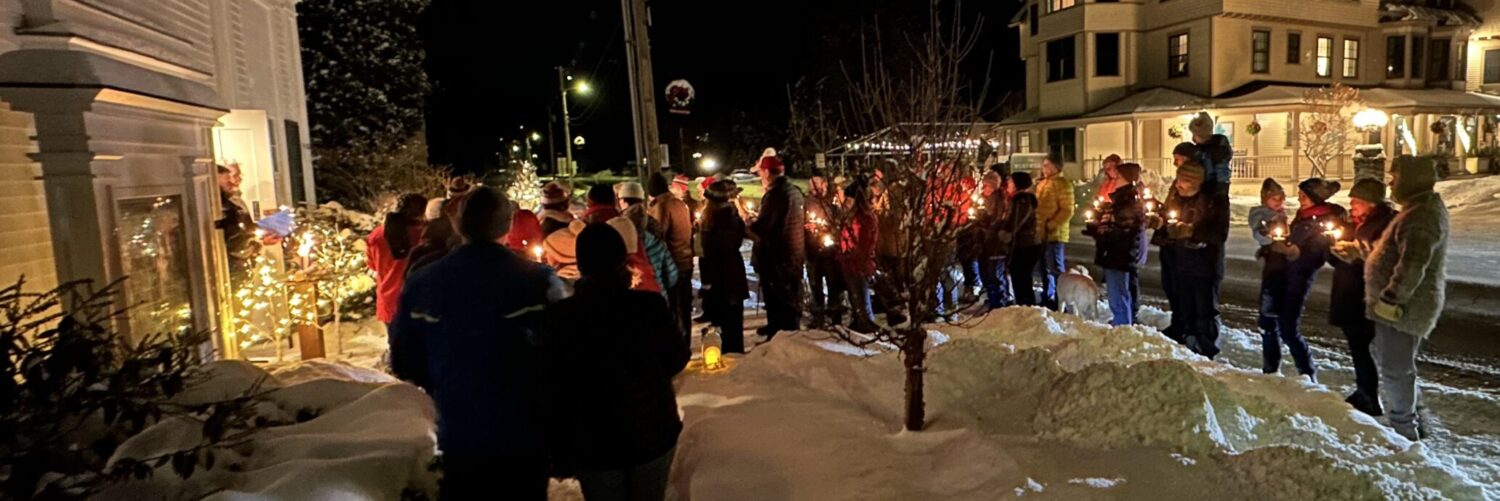Meditations on blindness and sight, perception and awareness: songs, prayers, poems and brief commentary on themes that rise up in John 9
I think we all suffer from acute blindness at times. Life is a constant journey of trying to open your eyes. I’m just beginning my journey, and my eyes aren’t fully open yet. — Olivia Thirlby Love looks not with the eyes, but with the mind … — William Shakespeare I have looked into your […]

